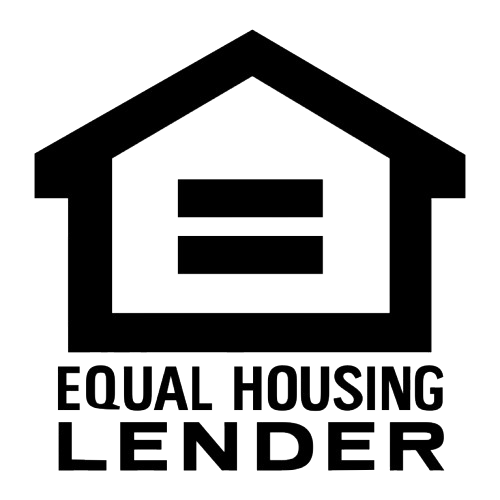ASSET DEPLETION LOAN
WHAT IS AN ASSET DEPLETION LOAN?
An asset depletion loan, also known as an asset-based mortgage or asset dissipation loan, is a type of mortgage financing that allows borrowers to qualify for a loan based on their liquid assets, such as savings, investments, and retirement accounts, rather than traditional income sources like employment or self-employment income.

Key Features of Asset Depletion Loans:
Qualification Based on Assets:
With asset depletion loans, lenders consider the borrower’s liquid assets as the primary source of repayment for the mortgage loan. Instead of relying solely on income from employment or other sources, the borrower’s assets are used to determine their ability to repay the loan.
Asset Depletion Calculation:
Lenders calculate the borrower’s monthly income by dividing their total liquid assets by the loan term (typically 360 months or the loan’s maturity date). This calculated monthly income is then used to determine the borrower’s debt-to-income ratio (DTI) for mortgage qualification purposes.
Flexibility for Borrowers:
Asset depletion loans offer flexibility for borrowers who may have significant assets but limited or irregular income, such as retirees, investors, or individuals with substantial savings or investments but minimal traditional income sources.
Asset Documentation:
Borrowers are required to provide documentation verifying their liquid assets, including bank statements, investment account statements, retirement account statements, and any other relevant financial documents. Lenders may also require proof of ownership and valuation for non-liquid assets, such as real estate or business interests.
Loan Terms and Conditions:
Asset depletion loans typically come with terms and conditions similar to traditional mortgage loans, including interest rates, loan amounts, repayment terms, and eligibility criteria. Borrowers should review and understand the terms of the loan agreement before proceeding with an asset depletion mortgage.

Pros and Cons of Asset Depletion Loans:
Pros:
Access to Financing: Asset depletion loans provide borrowers with an alternative path to homeownership by allowing them to use their liquid assets to qualify for a mortgage, even if they have limited or irregular income.
Flexibility: Borrowers with substantial assets but unconventional income sources, such as retirees or investors, may find asset depletion loans more accessible and flexible than traditional mortgage financing.
Potential Tax Benefits: Borrowers may benefit from potential tax advantages associated with mortgage interest deductions, depending on their individual financial circumstances.
Cons:
Higher Interest Rates: Asset depletion loans may come with higher interest rates or fees compared to traditional mortgage loans, reflecting the higher risk associated with using assets rather than income for loan qualification.
Risk of Asset Depletion: Borrowers should carefully consider the long-term implications of using their liquid assets to qualify for a mortgage, as it may deplete their savings or investment portfolio and impact their financial security.
Asset depletion loans can be a valuable option for borrowers with significant liquid assets but limited or irregular income, providing them with access to mortgage financing and homeownership opportunities. However, borrowers should thoroughly evaluate the terms and risks associated with asset depletion loans and consider consulting with a financial advisor or mortgage professional to determine the best course of action based on their individual financial situation and goals.


We are an independent mortgage brokerage licensed through DRE, proudly serving clients since 2007.

Company
Get In touch
- 510-786-8739
- info@simtg.com
- 44840 South Grimmer Blvd Fremont, CA 94538
Copyright @ 2022. All Rights reserved.